Cook, Clean, Plan: A case for more gender-responsive policymaking
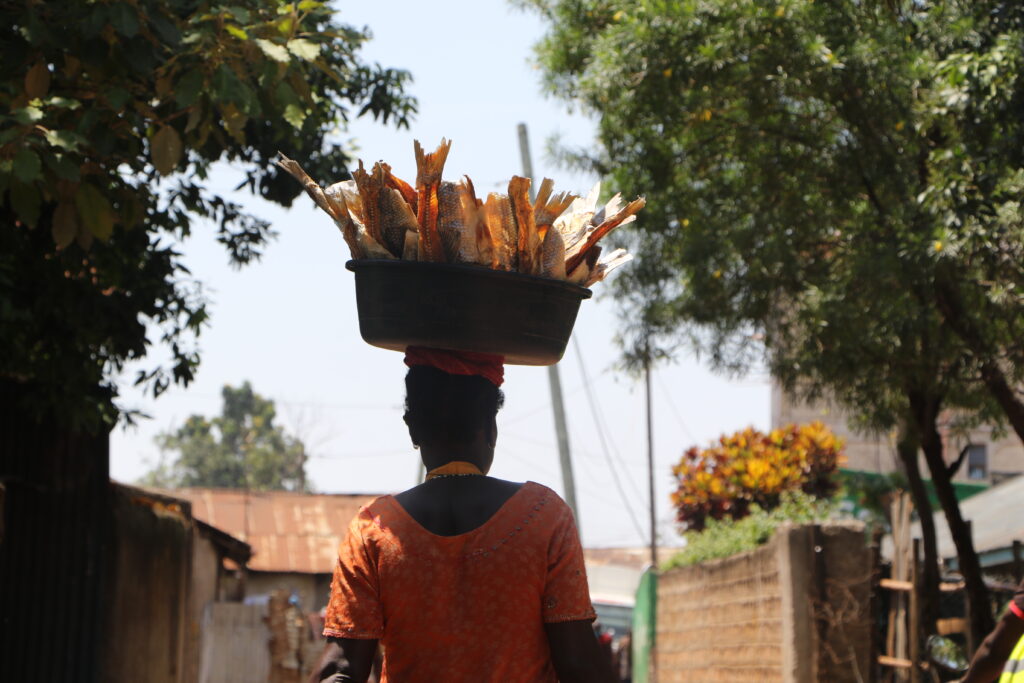
Michelle Mbuthia, Communications Officer at the African Population and Health Research Center discusses her personal experience of gender inequality and unfair distribution of domestic labor during the Christmas season in Kenya, and the need for candid discussions and collective efforts to challenge and change traditional gender norms and create a more equal society.
Are women programmed to think less and do more?

Meghan Malaatjie, a Masters in Science, Epidemiology, Candidate, Faculty of Health Science, School of Public Health, University of the Witwatersrand, South Africa reflects on the gender norms she learned in childhood, her personal experiences with these norms, and the impact on her career, and aspirations to address gender inequalities as a public health professional.
Can AI Have Its Cake and Eat It? Reducing Bias in AI Models May Not Always Be Desirable

What are the ethical dilemmas of trying to create unbiased and representative algorithms of women and men impacted by epidemics as a data scientist? Learn what Amelia Taylor has to say about it.
AI Research and COVID: Journeys to Gender Equality and Inclusion
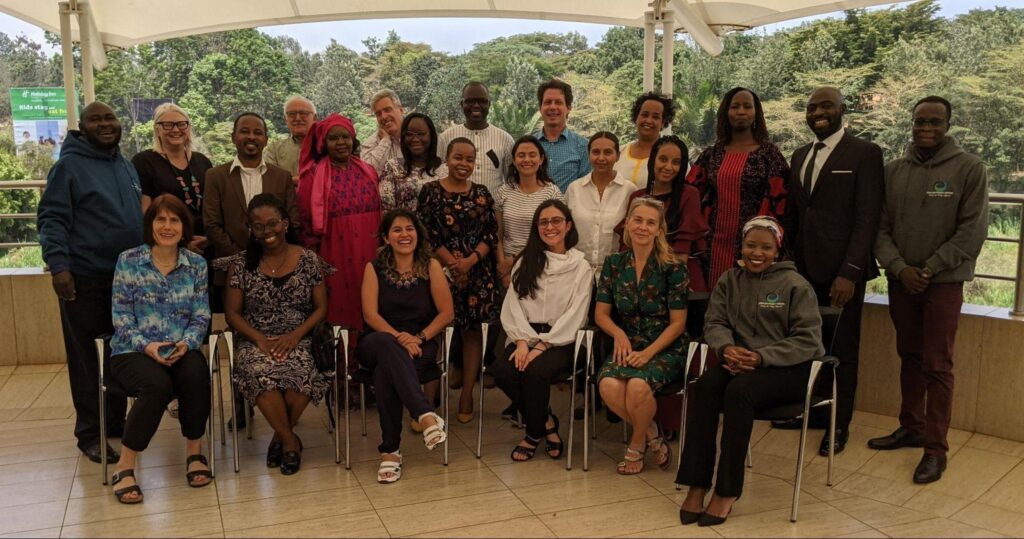
The AI Research and COVID: Journeys to Gender Equality and Inclusion series goes deep into this question through stories of experiences of, and efforts to tackle, gender inequality and exclusions.
Walking the talk: Think tanks and gender – What did we learn?
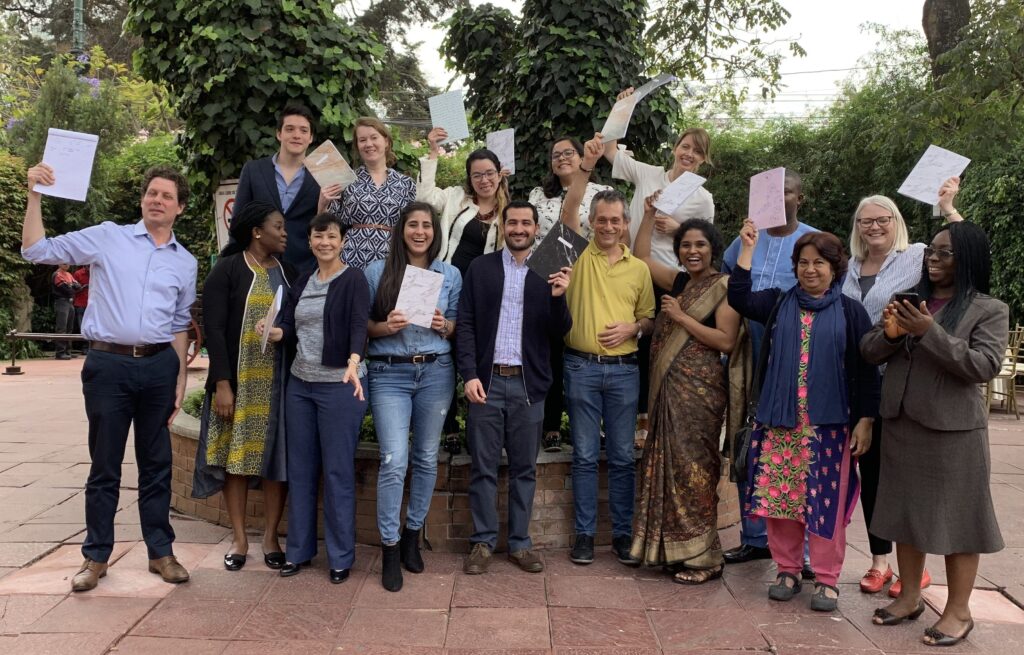
Shortly after launching this blog series, Gender at Work participated in Women Deliver 2019 Conference held in Vancouver and attended by over 8,000 policy makers, researchers and activists from around the world. Several sessions, including three co-hosted by IDRC, explored the theme of gender and research. We were intrigued by how many of the ideas discussed at Women Deliver had been discussed in the TTI Gender Action Learning Project (GALP) and in the writeshop.
Incorporating Gender into Academic Research Life
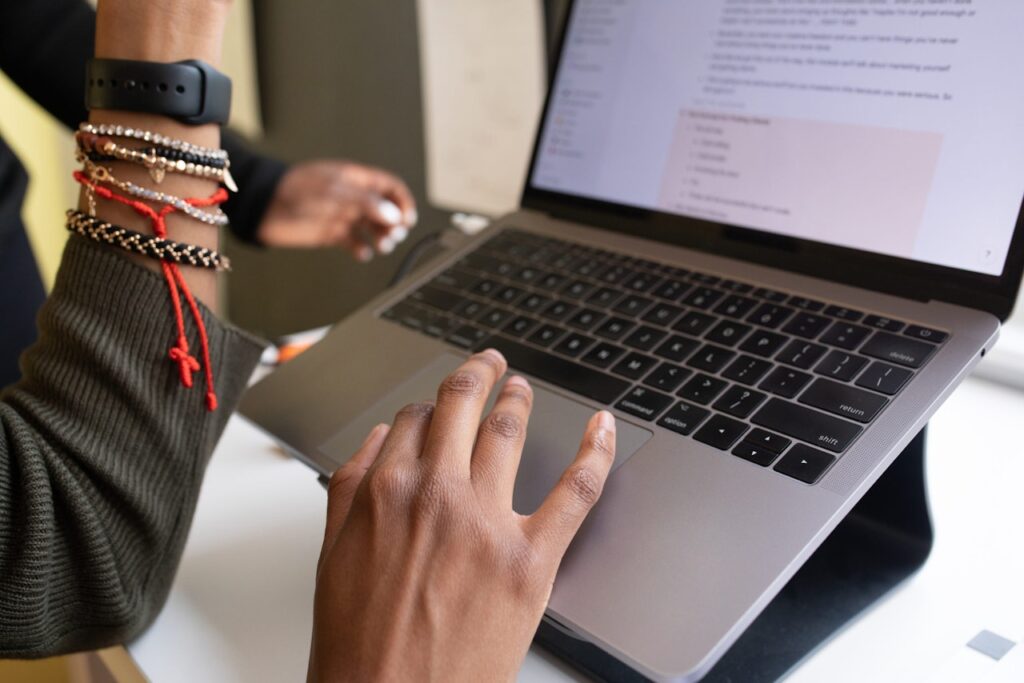
I always wondered how the University of Ghana could deepen its commitment to gender equality without ambitiously incorporating the concept into all aspects of academic research life. In 2011, three years after joining the University of Ghana faculty, I rejoiced to see the University formally committing itself to gender by launching its first sexual harassment policy.
Why am I still getting “the look”?
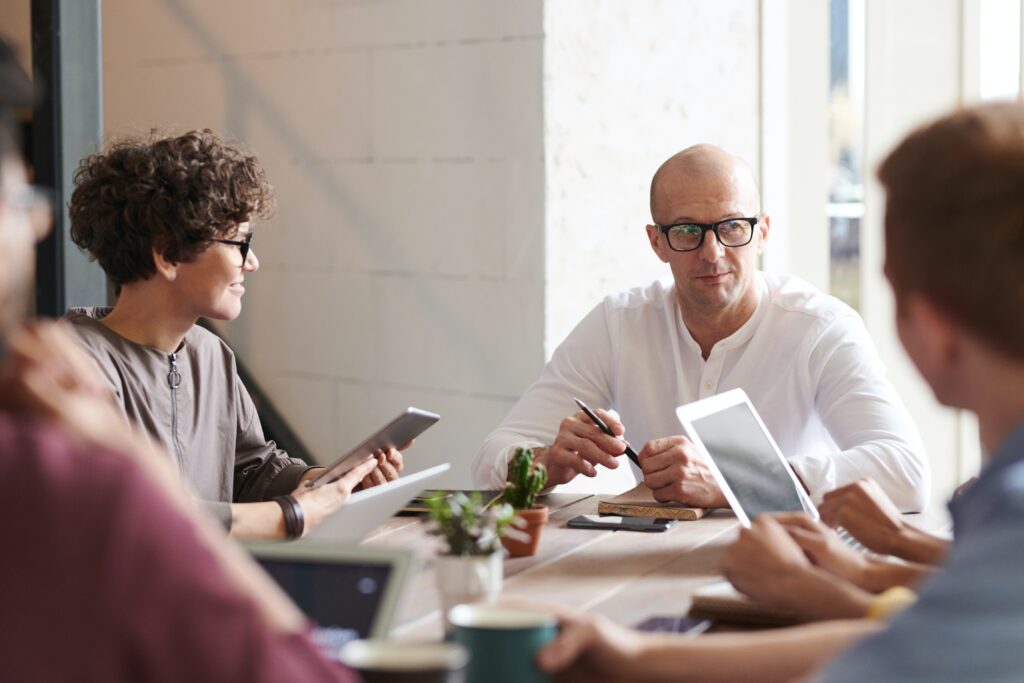
As Director of Research and Statistics at FUSADES, I have been working (and thinking) on women´s economic empowerment for some time now. At FUSADES, we have been working (and thinking) on how to incorporate a gender focus on research in order to be more effective in our policy recommendations; we wrote about this a while back in 2017.
Despite progress, Bangladeshi young women still lag far behind
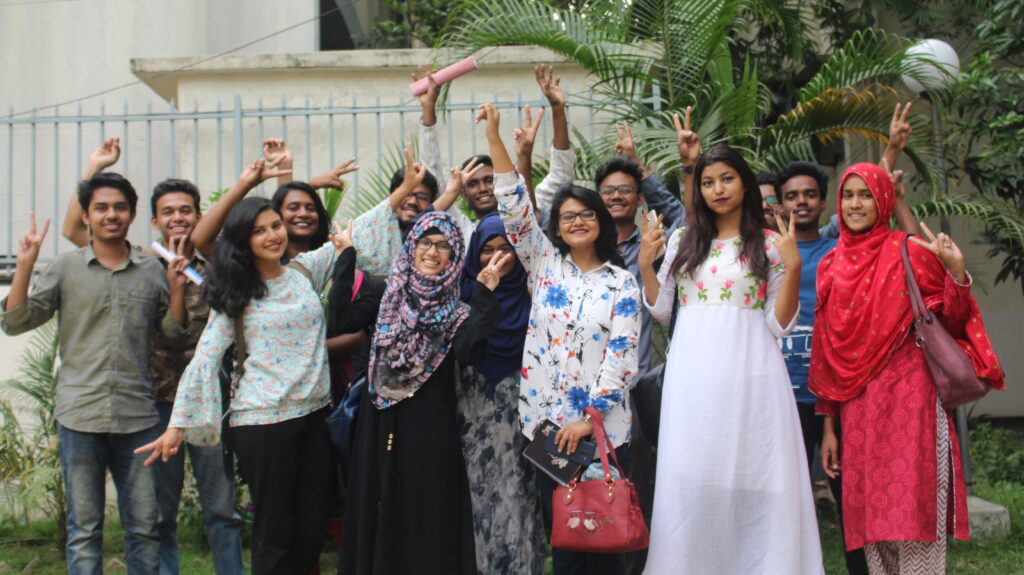
Bangladeshi women have come a long way in terms of economic and social empowerment. Yet beneath these encouraging statistics, we find some unexpected anomalies that call for serious attention.
Let us start with some positive statistics. Starting from a very low base in the early 80s, today girls are at par with boys in completing education up to higher secondary level. Before the days of producing ready-made garments (RMG), women’s participation in the formal economy was minimal and their back-breaking work in the informal economy was invisible. Capitalizing on the abundant female labour force, Bangladesh has become the second largest RMG exporter. Women’s labour force participation more than doubled in the last couple of decades.
Strengthening gender as a component of Research Quality (+)
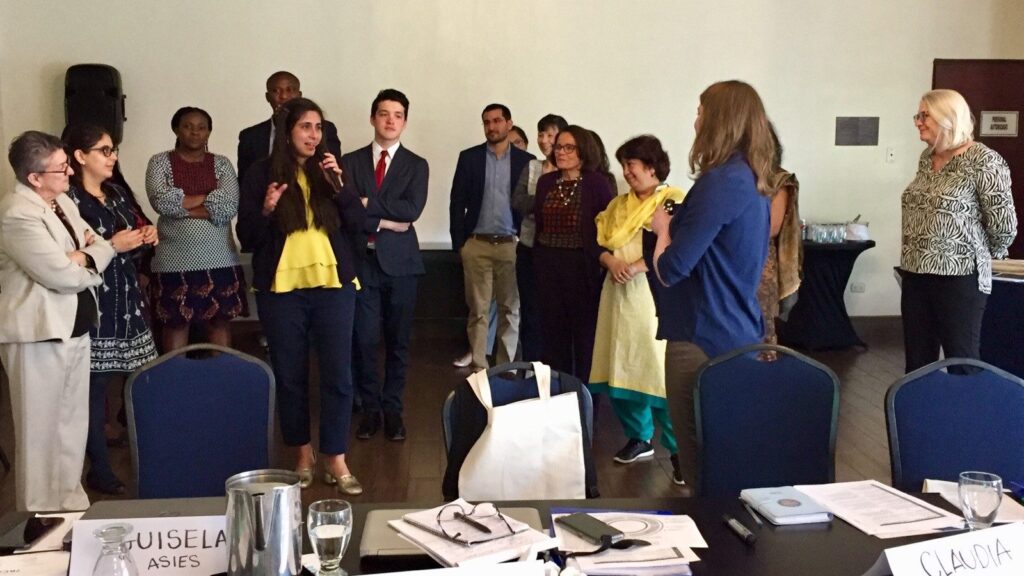
It was easy to feel inspired in the warmth of Guatemala City (while it was barely reaching above zero back home in Ottawa), surrounded by individuals hailing from five different think tanks from five different countries. Over the course of four days everyone shared honest reflections from their personal and professional experiences as part of the final workshop of the Gender Action Learning Project (GALP), supported through the Think Tank Initiative (TTI).
A workshop to remember
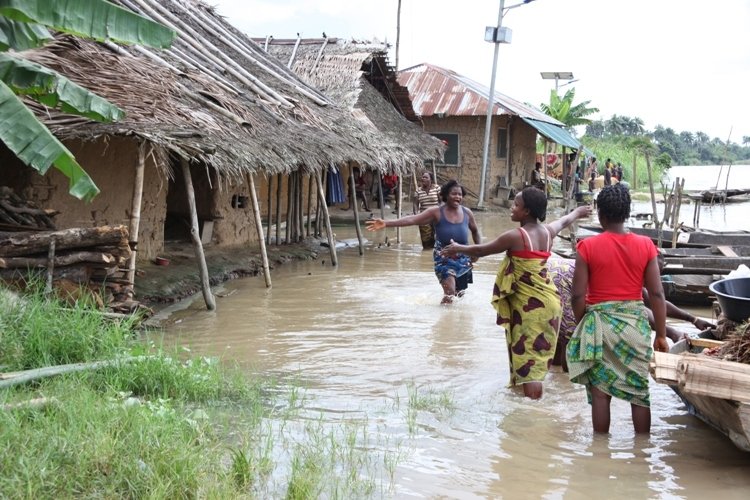
My journey with Centre for Population and Environmental Development (CPED) began on Monday December 9th, 2018. This was coincidentally the first day of a three-day capacity building workshop held at Precious Palm Royal Hotel, Benin City, Edo State, Nigeria. It was held to mark the inception of the project titled “Empowering women as key leaders in promoting community-based climate change adaptation and disaster risks initiatives in Niger Delta region” (learn more here). The workshop was organized by CPED in conjunction with the International Development Research Centre (IDRC) and the Intervention Council for Women Affair (ICWA).




